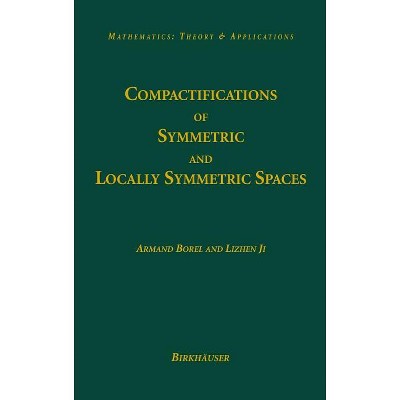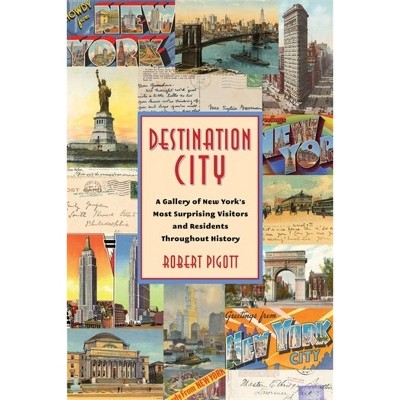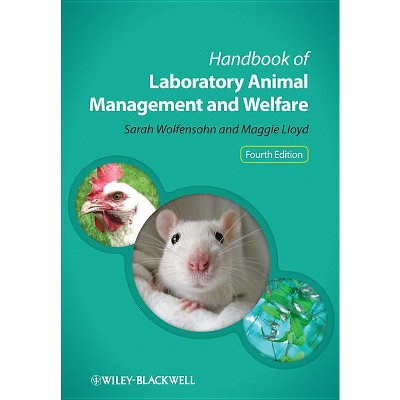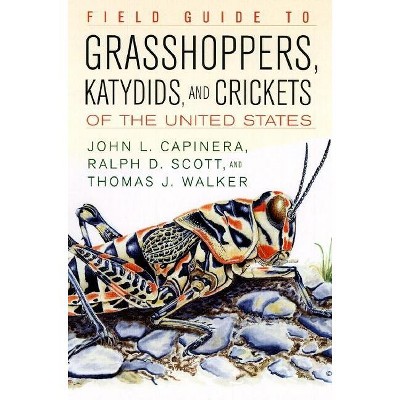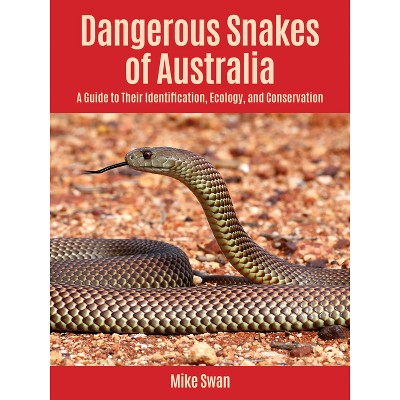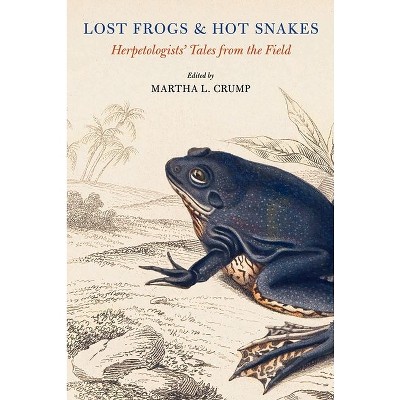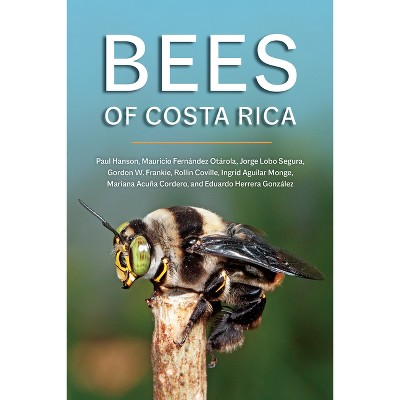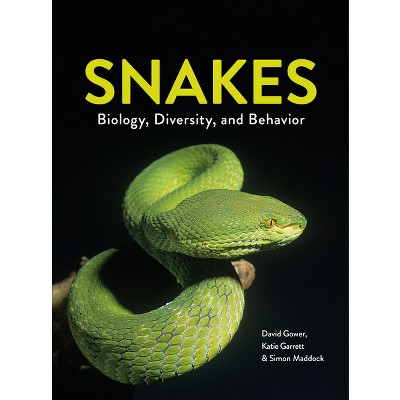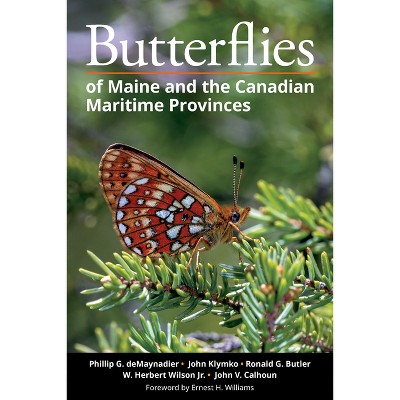Sponsored

Zoo Ethics - by Jenny Gray (Hardcover)
In Stock
Sponsored
About this item
Highlights
- Zoo Ethics examines the workings of modern zoos and considers the core ethical challenges faced by people who choose to hold and display animals in zoos, aquariums, or sanctuaries.
- About the Author: Jenny Gray is the Chief Executive Officer of Zoos Victoria and will assume the role of President of the World Association of Zoos and Aquariums in 2017.
- 256 Pages
- Science, Life Sciences
Description
About the Book
Zoo Ethics examines the workings of modern zoos and considers the core ethical challenges faced by people who choose to hold and display animals in zoos, aquariums, or sanctuaries. Jenny Gray asserts the value of animal life and assesses the impacts of modern zoos, including the costs to animals in terms of welfare and the loss of liberty. Gray...Book Synopsis
Zoo Ethics examines the workings of modern zoos and considers the core ethical challenges faced by people who choose to hold and display animals in zoos, aquariums, or sanctuaries. Jenny Gray asserts the value of animal life and assesses the impacts of modern zoos, including the costs to animals in terms of welfare and the loss of liberty. Gray highlights contemporary events, including the killing of the gorilla Harambe at the Cincinnati Zoo in May 2016, the widely publicized culling of a young giraffe in the Copenhagen Zoo in 2014, and the investigation of the Tiger Temple in western Thailand.
Gray describes the positive welfare and health outcomes of many animals held in zoos, the increased attention and protection for their species in the wild, and the enjoyment and education of the people who visit zoos. Zoo Ethics will empower students of animal ethics and veterinary sciences, zoo and aquarium professionals, and interested zoo visitors to have an informed view of the challenges of compassionate conservation and to develop their own ethical positions.
Review Quotes
Zoo ethics is best suited to those with an interest in animal welfare and ethics, zoo and wildlife medicine and anyone who feels 'moral disquiet' about zoos. Calling on zoo professionals to rise to the challenge of transforming zoos using compassionate conservation, Gray recognises that many zoos cannot continue to ignore the needs of their animals. This book is a thoughtprovoking addition to the field of animal and zoo ethics.
-- "Australian Veterinary Journal"An exercise in applied ethics, bringing together ethical frameworks with real information about the ways zoos are run, and their positive and negative impacts.... This book succeeds in giving a sense of the depth of the problem of defining and operating an ethical zoo, and as the author concludes: "It is possible for zoos to be operated ethically. Yet it is not easy" (p. 208).
-- "Quarterly Review of Biology"Dr. Gray writes with clear vision of the future roles of zoos as hubs of local and international conservation, teachers of environmental responsibility, and world-class animal care and welfare. It is clear from her writing she will bring the same vision and expectation of excellence into her role as the president of the World Association of Zoos and Aquariums. This book is a valuable resource for zoo professionals, providing insight into how zoos can stay relevant in the 21st century. It is also a useful background for members of the public who are interested in the inner workings of zoos, or anyone interested in ethical considerations of working with animals.
-- "Zoo Biology"I very much appreciate the quality of thought and nuance the author brings to this book, and I am recommending it because it is a superior example of a book on the modern-day ethics of human uses of animals.
-- "Science Scope"This text is a meticulous examination of ethical considerations pertaining to zoos and their practices.... The book considers a range of ethical issues, including animal welfare, animal rights, consequentialism, virtue theory, and environmental ethics of the conservation of species. Gray thoughtfully considers these topics in the context of the history of zoos' treatment of animals, both as trained spectacles and in terms of housing.... Overall, this is a provocative, educational resource for students and professionals alike.
-- "Choice"About the Author
Jenny Gray is the Chief Executive Officer of Zoos Victoria and will assume the role of President of the World Association of Zoos and Aquariums in 2017. Joel Sartore is a photographer, speaker, author, teacher, and conservationist. A regular contributor to National Geographic, he is the author of The Photo Ark.
Shipping details
Return details
Frequently bought together
Trending Non-Fiction


